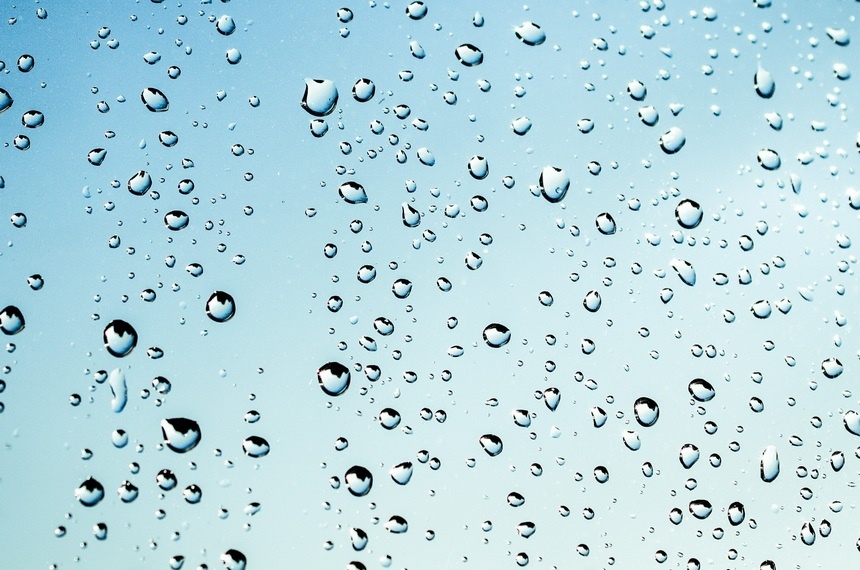
The Water Framework Directive
Water is an essential resource for economy and at the very core of sustainable development. In the context of EU, it is a key element in the agenda on growth, jobs and investment, since all economic sectors need water for their activities, but also because the water sector directly includes 9000 active SMEs and almost 600.000 jobs in water utilities alone, according to a 2012 Communication from the European Commission. Also, there is a growing awareness of the role of corporate social responsibility in sustainable water management, as companies increasingly recognise their potential for both negative and positive impacts on water as well as its rising economic value, as explained in one of our previous articles.
The main legislation that regulates water in the EU is the Directive 2000/60/EC establishing a framework for the Community action in the field of water policy, also known as the EU Water Framework Directive, which was adopted on 23 October 2000. The main objectives of EU water policy are to ensure access to good quality water in sufficient quantity for all European citizens and to ensure the good status of all water bodies across Europe.
The Water Framework Directive has established a legal framework to protect and restore clean water across Europe and ensure its long-term, sustainable use. The directive has addressed inland surface waters, transitional waters, coastal water and groundwater as well as established a new approach for water management based on river basins, the natural geographical and hydrological units. It has also introduced several innovative principles for water management, such as public participation in planning and the integration of economic approaches, including the recovery of the cost of water services.
One of its most important goals lies in joining forces for EU’s shared waters, which includes coordination in international river basin districts or IRBDs, which cover the territory of more than one Member State. The EU is a land of shared waters with about 60% of the its surface area lying in river basins that cross at least one national border. All Member States, except Cyprus and Malta, contain sections of at least one international river basin district. Under the WFD, each Member State is responsible for implementation in the portion of an IRBD lying within its territory and should coordinate these actions with the other Member States in the district.
Second main goal is focused on cleaning up EU’s waters and identifying those water bodies currently at risk. According to the WFD, all Member States should aim to achieve “good status”, meaning a healthy ecosystem and low levels of chemical pollution, in all bodies of surface water and groundwater by 2015.
However, since the adoption of the Water Framework Directive in 2000, pressures on water have increased dramatically. In addition to environmental pressures relating to climate change such as floods and droughts, there are also increasing pressures on water from agriculture, industry, energy production, transport, tourism and other sectors. Water demand from all sectors in the EU is projected to increase by up to 16% by 2030. Human pressures including pollution, water abstractions, overuse, construction of dams etc. are also affecting water quantity and quality. Although Europe is generally considered to have adequate water resources, in the light of recent changes, water scarcity is becoming an increasingly frequent phenomenon in the EU as well.
The Water Framework Directive has set 2015 as the deadline to achieve good water status and achieve sustainable water usage by individuals and businesses. According to the 2015 Communication from the Commission, while significant progress has been made, there is still room for improvement. Also, as it is stated in the 2017 Commission Staff Working Document Agriculture and Sustainable Water Management in the EU, while some good practices have been identified, there is a clear need for further dissemination and uptake by Member States' water authorities.
Sources:
2012 Communication from the European Commission
2015 Communication from the European Commission
2017 Commission Staff Working Document Agriculture and Sustainable Water Management in the EU
Author: Marina Tomić (The Croatian Institute for CSR)

Follow us on